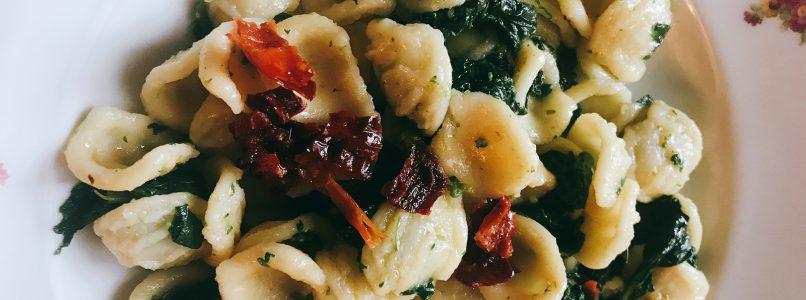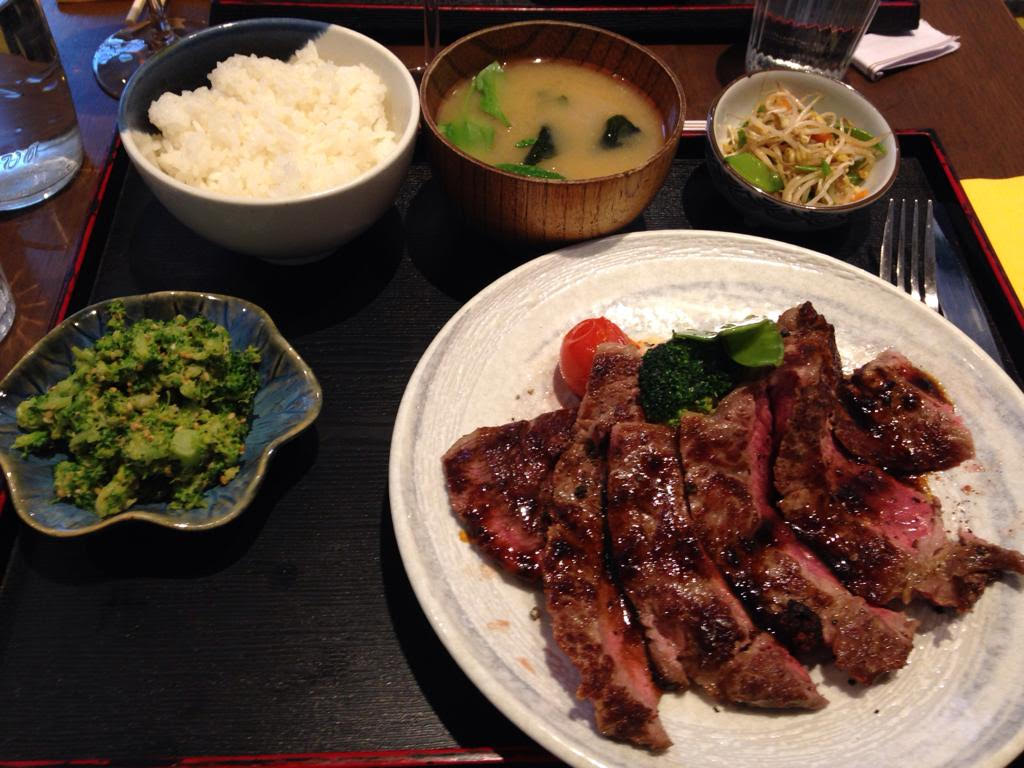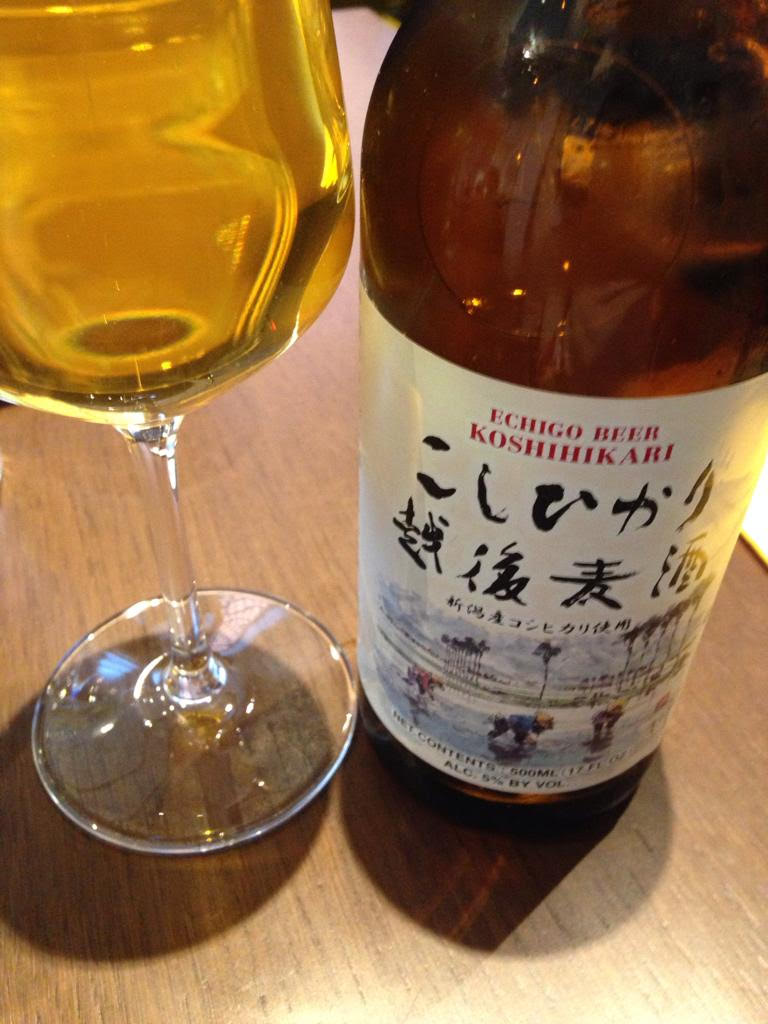The motto of Marco Vacca, founder of Cucina di Puglia is: "The real revolution is in simple things". Cuisine of Puglia arrives in Turin to the real Apulian cuisine. Of course, very careful is the selection of suppliers, raw materials and ingredients for the preparation of the recipes: bombette from Martina Franca, taralli from Cerignola, extra virgin olive oil from Corato, delicious mozzarella from Gioia del Colle.
Simple ingredients, but of high quality, at the base of the products of Cucina di Puglia, the real Apulian street food that is also a gastronomic laboratory turns into a typical gastronomy where you can buy recipes made in Puglia freshly prepared, as well as a wide range of typical products. The perfect idea for a gift, given the upcoming Christmas holidays, for a lunch or a home dinner, for a delicious and traditional break by Cucina di Puglia: orecchiette with sauce or with turnip greens, garlic and chilli, stuffed panzerotto of mozzarella, baked pasta, cured meats, for a delicious 100% Apulian aperitif or a tray of Apulian bombette.
For all new customers, Cucina di Puglia has a surprise in store, dedicated to the new opening: just download the coupon to get a panzerotto or a plate of orecchiette as a gift.
"Our story began with street events," he says Marco Vacca, creator and founder of Cucina di Puglia. "We have brought authentic and genuine street food around Italy, serving thousands of typical dishes of the Apulian tradition. A 34-meter long bench in the shape of a trullo where you can feel at home or on vacation again. From orecchiette with turnip tops to pucce; from bowler hats to pasticciotti. And in addition to the food we brought music, pizzica and taranta, the unmistakable sound of the tambourine; our ways of speaking, the accent, the 'meh' a little everywhere. And after the first taste, the friends we met always asked us the same question: “But where can I find you?” .
The guys from Cucina di Puglia now also do delivery and take-away. It is possible to order and collect directly from the Corso San Maurizio 69 / bis shop or use the Just Eat service for delivery. Here's how: info@cucinadipuglia.it, or with Whatsapp at 3332236154 or, again, from the Cucina di Puglia website.



